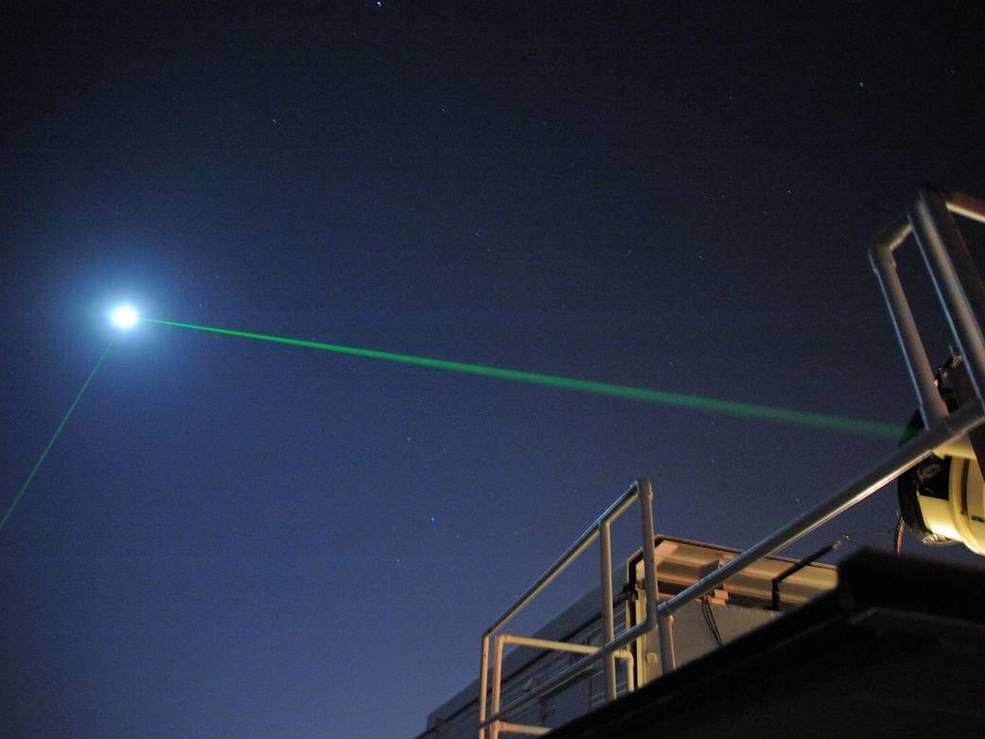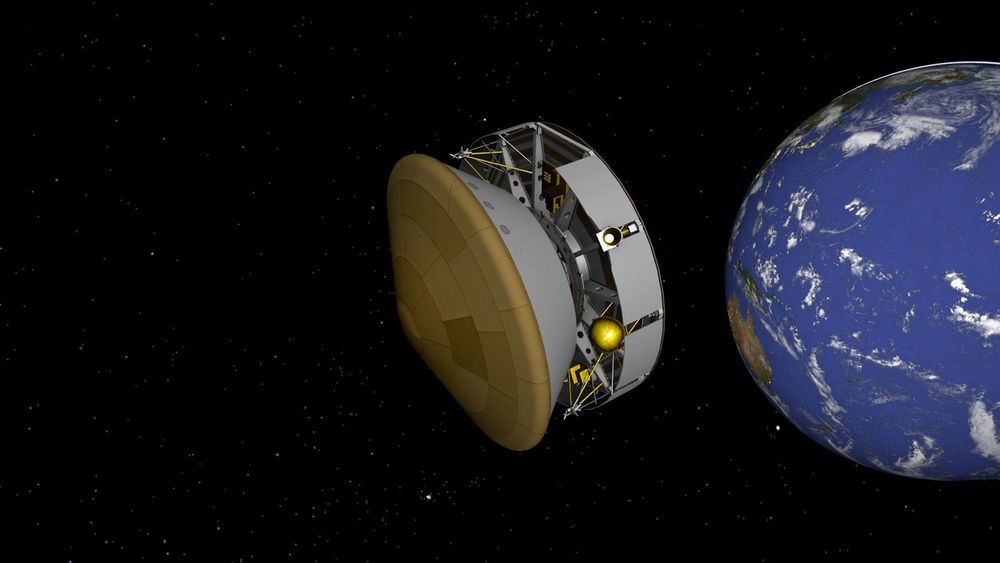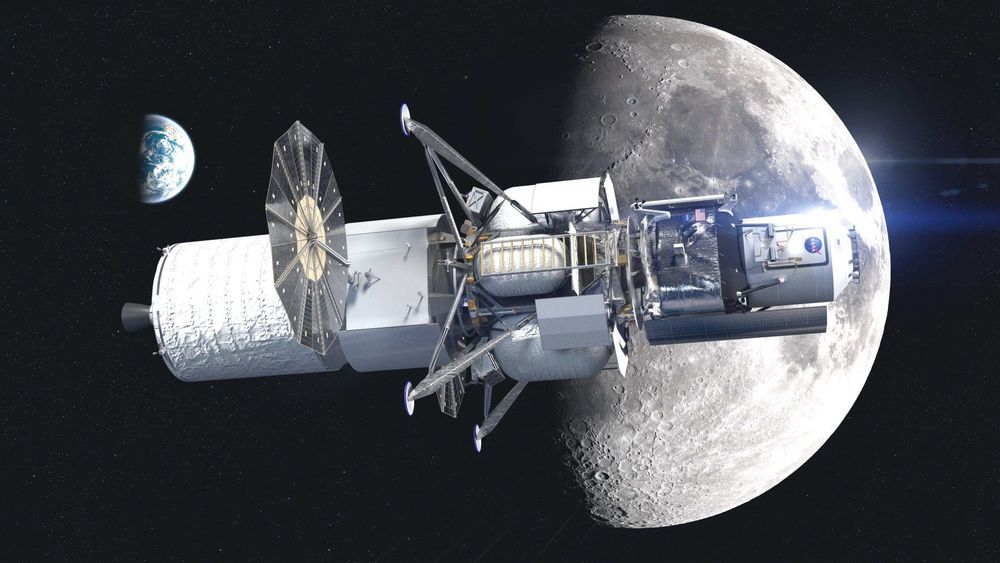No one noticed!
#SpaceExploration
No one noticed!…
See More
No one noticed!
#SpaceExploration
No one noticed!…
See More


Filecoin, a blockchain-based decentralized storage project, is officially launching its testnet- Space Race to test out the network before the mainnet launch.
As promised, Filecoin will start its testnet launching competition. It encourages global miners for the next three weeks to be competing for up to four million Filecoin in prizes to onboard as much storage space to the network as possible, says the report. The contest begins on August 24 at 10 pm UTC.
The top 100 miners globally, and the top 50 miners from each continent, will use the earned Filecoin rewards to jump-start their mainnet mining efforts based on how much storage they and the network achieve during the competition. People can also track their progress on the testnet main website.
In addition to the onboarding storage capacity competition, the 20 largest block reward winners will split a prize of an additional 100,000 FIL proportionally based on how much block reward they win. More than 240 miners from six continents are preparing to participate in the competition in the past month, says Filecoin.
Molly Mackinlay, IPFS Project Lead, said, “Filecoin would be nothing without its robust and passionate community.”
Filecoin’s project raised $257 million during its 2017 initial coin offering and it’s been developing ever since.

An international team of researchers have discovered a dense, cold gas that’s been shot out from the center of the Milky Way “like bullets”.
Exactly how the gas has been ejected is still a mystery, but the research team, including Professor Naomi McClure-Griffiths from The Australian National University (ANU), say their findings could have important implications for the future of our galaxy.
“Galaxies can be really good at shooting themselves in the foot,” Professor McClure-Griffiths said.


The web app provides you with the precise location of my whereabouts in real-time, using real data. I’m learning space is a big place and I’m delighted to have you see how my team and I navigate it. http://go.nasa.gov/2YmfBz5
This week on #SpaceToGround: a JAXA (Japan Aerospace Exploration Agency) cargo spacecraft leaves the International Space Station.

WASHINGTON — The competition for the moon between the Unites States and China is being closely watched by the Defense Department as the military expects to play a role protecting U.S. access to cislunar space.
One concern for the Pentagon is the possibility that China establishes a presence on the moon before the United States and tries to set the international rules of behavior in space, said Brig. Gen. Steven Butow, director of the space portfolio at the Defense Innovation Unit.
DIU is a Defense Department organization based in Silicon Valley that works with commercial vendors developing technologies relevant to national security.